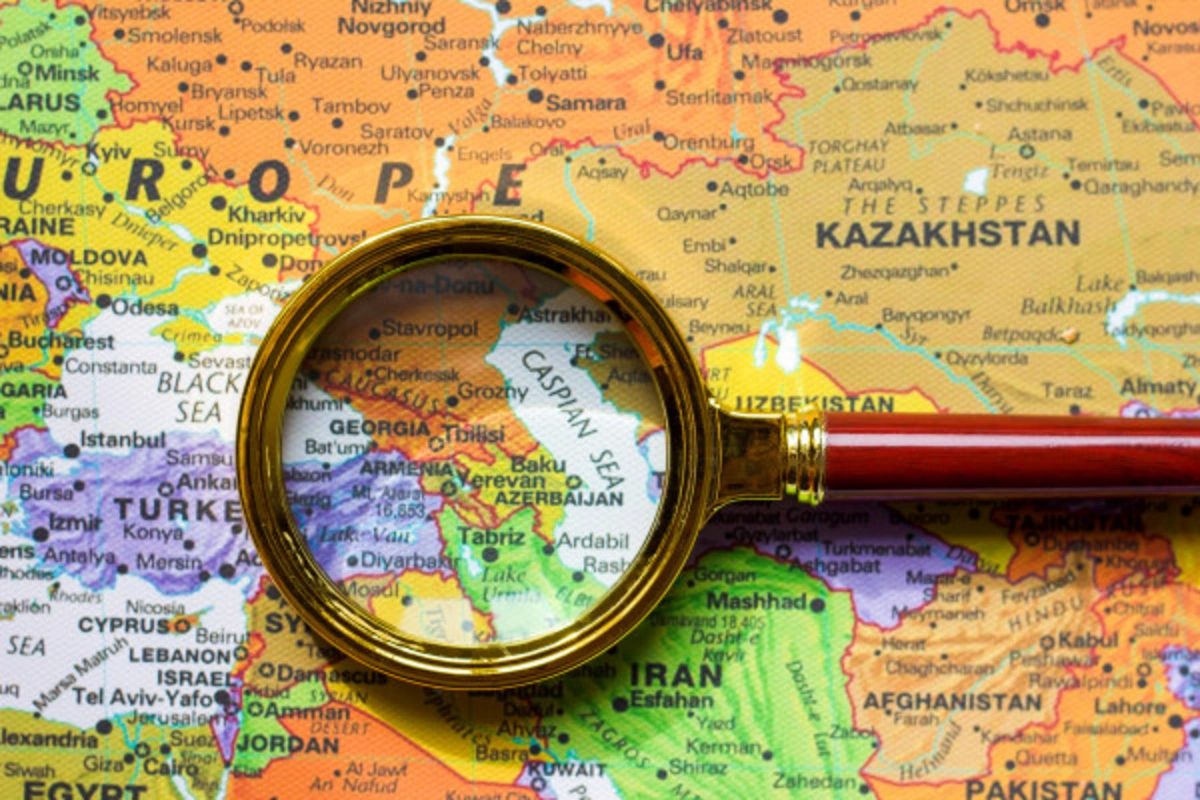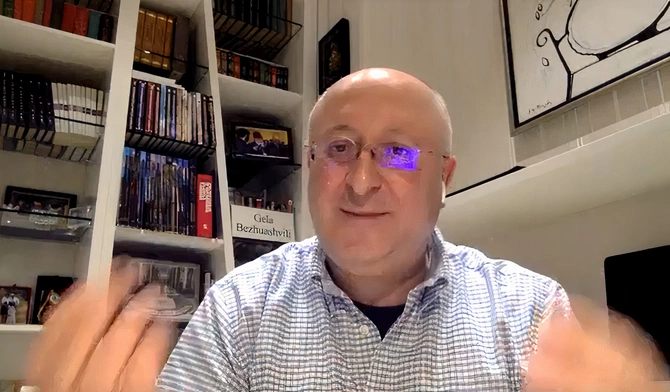
Following the geopolitical upheaval of the 2020 Second Karabakh War, new avenues might be opening for exploring a previously utopian idea.
Photo: Kachor Valentyna/Shutterstock
Talking on The Caspian Post’s sister podcast last month, former Georgian minister of foreign affairs Gela Bezhuashvili made a stunningly inspired suggestion. A viable solution for lasting peace and prosperity in the Caucasus region could be, he ventured, the creation of a tri-partite customs union along the lines of Benelux. Standing for Belgium-Netherlands-Luxembourg, the Benelux grouping has been a model of success since its foundation in the 1940s, allowing close cooperation on not just economic issues but also over everything from security to sustainable development and transport infrastructure. Benelux pioneered free movement of people in post-war Europe and, in many ways, was the precursor of today’s European Union.
But could such ideas be applied in the Caucasus? For those familiar with the region’s many recent conflicts, the idea might seem preposterous. Relations between Azerbaijan and Armenia, in particular, have ranged between severe mistrust and outright war over recent decades. Mr. Bezhuashvili accepts that it might sound naive, but he insists that it’s “very doable.” He points out that in the 21st century, with electronic surveillance, countries don’t need hard economic borders. Tariffs and border delays are the very things that prove to be disincentives to the development of the region as a reliable transit corridor for intercontinental trade, Gela explains.

Gela Bezhuashvili talking to the Caspian Podcast in March 2021
Imagine that Georgia-Armenia-Azerbaijan did form a union without customs posts or border fences. Let’s call it GeArAz. People from all three countries would certainly get richer, but the benefit would be more than purely economic. Years of rancour and conflict have been spent fighting over the national affiliation to which Nagorno Karabakh is assigned. In the Soviet era, the borders between the various republics had been porous as they were only administrative lines within the USSR. Only at the very end of the Soviet Union, as these borders started to become concrete, did national pride turn into full-blown nationalism. Finding a way to soften the borders once more could eventually lead to a situation where Azerbaijani and Armenian once again live as friendly neighbours scattered throughout each other’s lands.
Such effects have been well documented elsewhere. Notably, the seemingly intractable Basque and Irish questions that brought terrorism to Western Europe in the 1970s and 1980s were largely solved within the framework of the EU by reducing the relevance of national borderlines.
There is, of course, already a Eurasian Union, a customs union between Russia, Belarus, Kazakhstan and Kyrgyzstan, of which Armenia – since its surprise announcement of 2013 – is also a member. However, in that grouping, Armenia is physically disconnected from the rest of the physically huge trading block. GeArAz would be something more manageable, more distinctly regional – like Benelux.
The idea isn’t new, Gela reveals. When he had been Georgian minister of foreign affairs, he and the Georgian president had discussed it “at the highest level in both Yerevan and Baku.” Back then, nearly 15 years ago, it was too big a leap of imagination. But now, following the geopolitical upheaval that has been affected by the 2020 Karabakh War, new avenues to explore this possibility might be opening sooner rather than later.
To listen to the podcasts in full, follow these links to our YouTube channel:


Share on social media